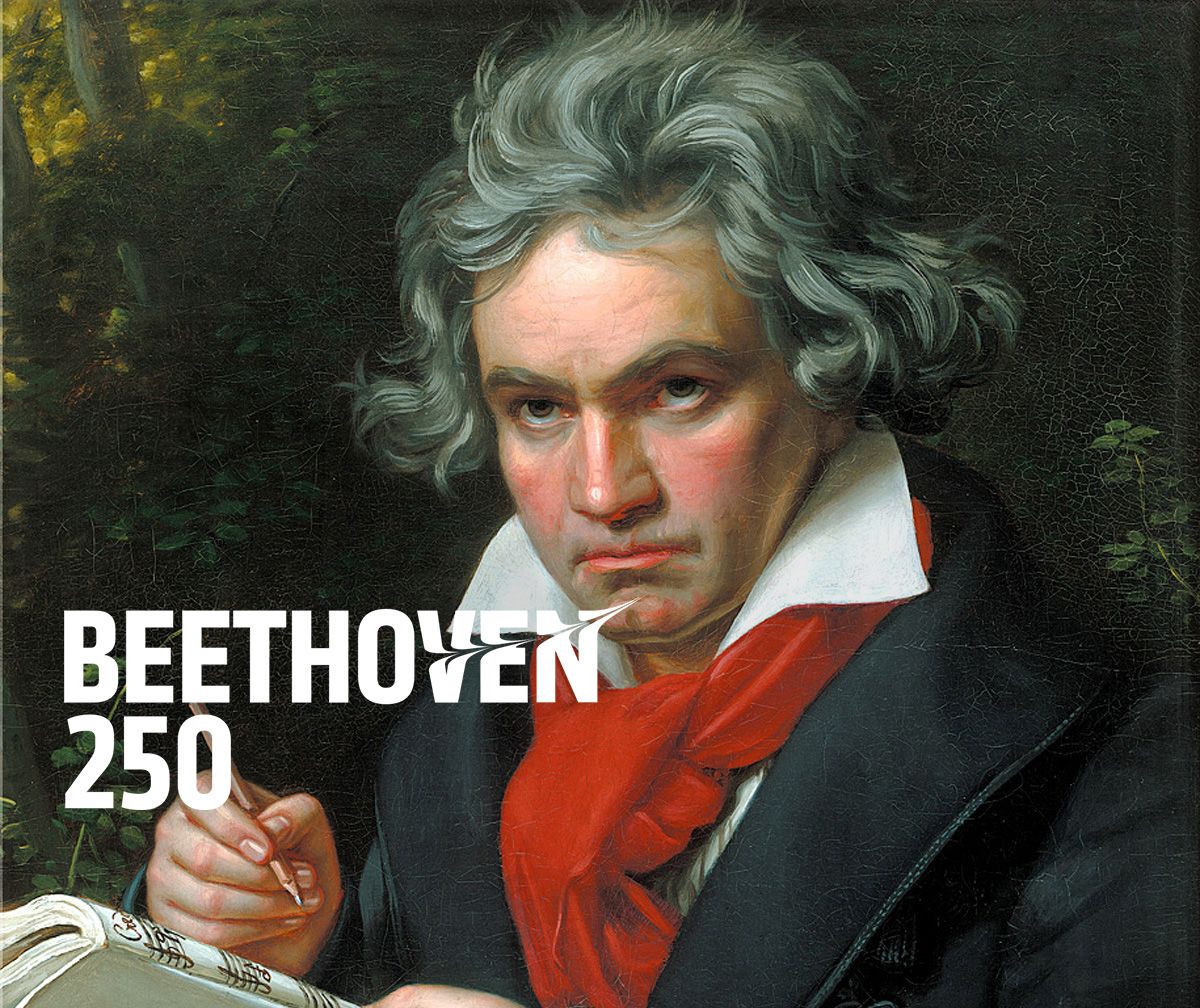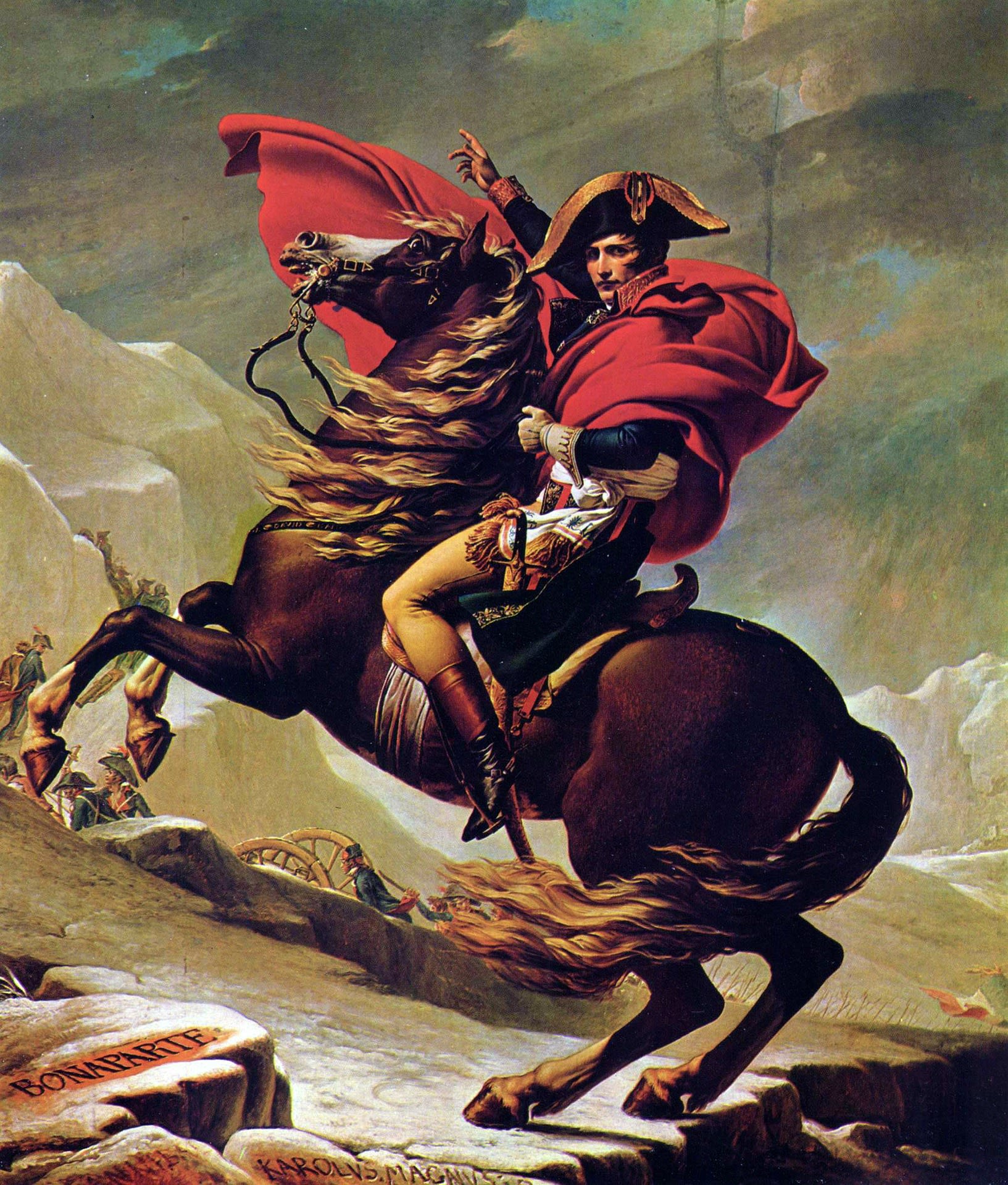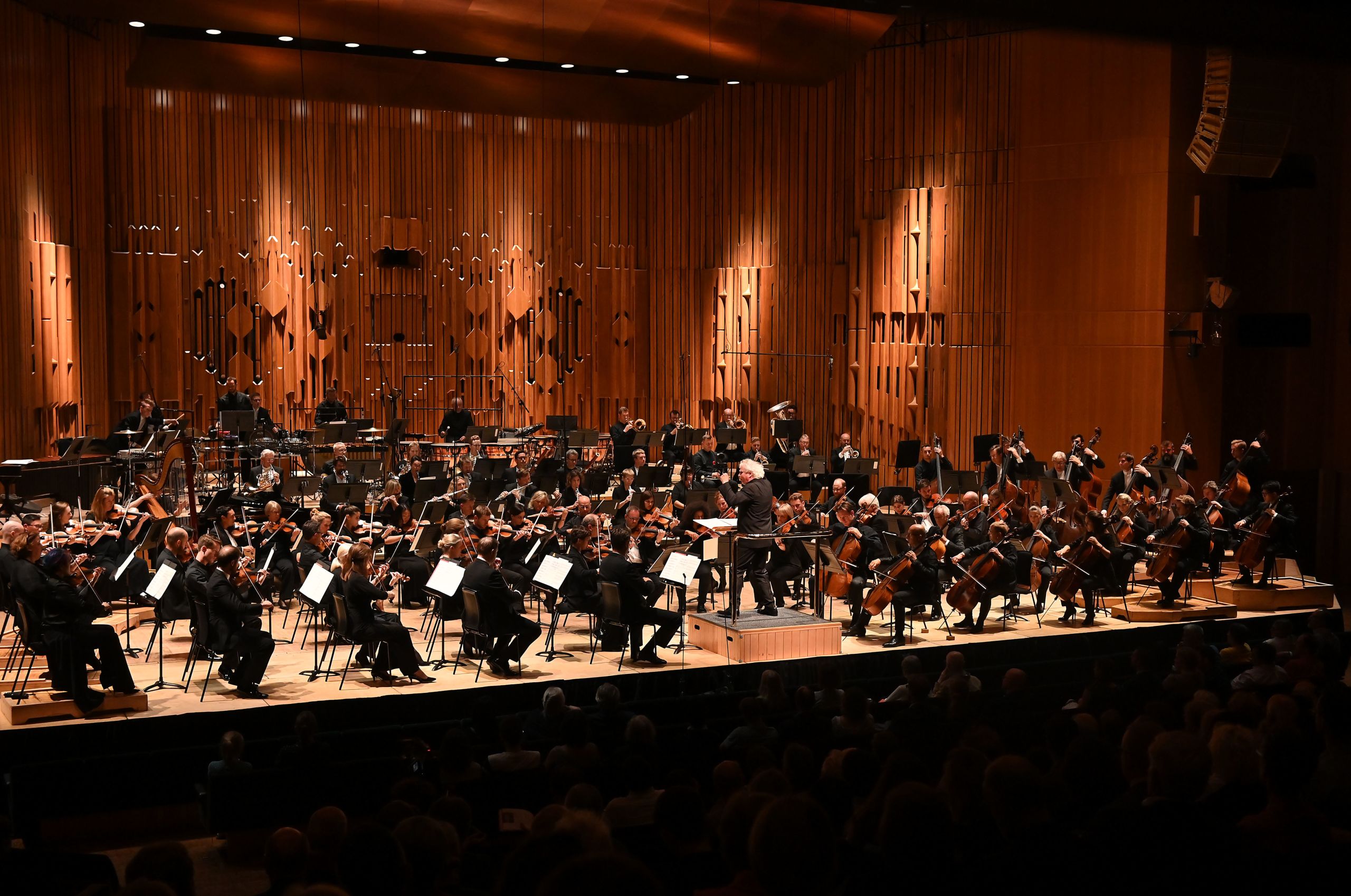In 2020, people around the world celebrate 250 years since the birth of Beethoven.

1770
Beethoven is born on 16 December 1770* at Bonngasse 20, Bonn Germany.
*or so we assume: a record survives of his baptism on 17 December 1770, we also know that his family celebrated his birthday on 16 December, so we can be pretty sure.
1783
Just 13 years later, a young Ludwig van Beethoven publishes his first composition: a set of keyboard variations!

1789
The French Revolution starts

1790
The death of Emperor Joseph II rocks the Holy Roman Empire. A still teen-aged Beethoven is given the immense honour of composing music in memory of the late Emperor, but for reasons unknown, the composition is never performed.
Most people assumed that at only 19 years of age, Beethoven was simply not up to the task. But fast-forward more than a century and Johannes Brahms set the record straight with the discovery of Beethoven's Cantata on the Death of Emperor Joseph II, a 'beautiful and noble' piece, now largely considered the composer's earliest masterpiece.
1792
Beethoven moves to Vienna to study composition with Joseph Haydn. The latter had offered to teach Beethoven when the two had previously met, in July that same year.
1795
A concert at the Burgtheater (organised by Haydn) gives Beethoven the opportunity to perform as a pianist to the public of Vienna for the first time.
1800
Beethoven composes his first symphony, No 1 in C major Op 21, dedicated to Baron Gottfried van Swieten, a patron of his.

1801
The Kingdom of Great Britain and the Kingdom of Ireland merge to form the United Kingdom

1802
Beethoven moves to Heiligenstadt (now part of the Doebling district in Vienna).
Here he writes a sorrowful letter, now known as the Heiligenstadt Testament, to his brothers, detailing his increasing deafness and the despair - even to the point of considering suicide - as he continues to try and overcome his physical and emotional barriers for the sake of his art.
Beethoven never sent the letter to his brothers, instead stashing it away among his private documents. It was found and published shortly after he died.

1803
Beethoven composes his first and only oratorio, Christus am Ölberge, Christ on the Mount of Olives. It premieres on 5 April, supposedly just 14 days after Beethoven started writing.
Christ on the Mount of Olives is now a relative rarity in today's concert halls, despite it's initial popularity. But anyone familiar with Beethoven's later work will recognise this oratorio as a treasure chest of ideas foreshadowing what was yet to come. It even paved the way for other composers' music, from Schubert masses to Gilbert and Sullivan operettas.
1804
Napoleon becomes the Emperor of the French, the monarch of the first French Republic
The world population reaches 1 billion

1806
Beethoven's Violin Concerto premieres on 23 December in Vienna with Franz Clement playing the solo part.
It is believed that Beethoven finished the solo part so late that Clement had to sight-read part of the performance.
The Violin Concerto was revived by Joseph Joachim in 1844 and has since become one of the best-known (though Beethoven’s only) violin concertos!
1808
Beethoven’s Fifth Symphony premieres in Vienna on 22 December.
Composed between 1804 and 1808, it remains one of the best-known compositions in classical music with its distinctive four-note motif. It even made it into space on one of the Voyager's Golden records, sent into space aboard the Voyager spacecraft in 1977. Sounds and images were specially selected for the records to portray the diversity of life and culture on Earth for any extraterrestrial being that might find them!

1811
Now suffering almost complete deafness, Beethoven starts composing his Seventh Symphony.
The work premieres on 8 December 1813 at a charity concert for victims of the wae, alongside Wellington’s Victory, with Beethoven conducting. The second movement is encored immediately!
The second movement was so instantly popular that it was often performed as a stand-alone piece. It’s recognisable as having featured in the film The King’s Speech, for which the LSO recorded some of the music.
1812
Beethoven writes a love letter to his ‘Immortal Beloved’, but the recipient is is anyone's guess!
1824
Beethoven's Ninth Symphony premieres on 7 May in Vienna, making it one of the first examples of a choral symphony.
It is now one of the most performed symphonies worldwide! The original hand-written score was the first to be added to the United Nations Memory of the World Programme Heritage list in 2001.

26 March 1827
Anselm Huettenbrenner claims to hear a peal of thunder at the moment that Beethoven dies. His funeral procession is attended by some 20,000 people!
And Beethoven's story doesn't end there...

1845
The Beethoven Monument (the first statue of a composer created in Germany) is unveiled in Bonn to honour 75 years since his birth., complimented by the first Beethovenfest.
Initially irregular, Beethovenfest is still running to this day and has taken place annually since 2007.
1932
German astronomer Karl Reinmuth discover an asteroid and names it 1815 Beethoven.

1980s
The audio capacity of a standard CD is set to 74-minutes, specified by Sony executive Norio Ohga so that Beethoven's Ninth Symphony can all fit on one disc (according to the official Philips history).
1989
On Christmas Day in Berlin, following the historic fall of the Berlin Wall, Bernstein conducts Beethoven’s Ninth Symphony. The words to Schiller’s Ode to Joy (Ode an die Freude) are changed to Ode an die Freiheit, 'Ode to Freedom'. Musicians from both German states and the four occupation powers make up the orchestra and chorus.

2020: The world celebrates Beethoven 250!
We are looking forward to our return to the Barbican Hall with socially distanced audiences from 29 November 2020 for six concerts with pianist Krystian Zimerman and Sir Simon Rattle, rounding off the Beethoven 250 anniversary celebrations. Each concert will be performed twice at 3.30pm and 6.30pm. These concerts will be on sale from early October.
Beethoven Piano Concerto No 1
Sunday 29 November 3.30pmSunday 29 November 6.30pm
Beethoven Piano Concerto No 2 Tuesday 1 December 3.30pm Tuesday 1 December 6.30pm
Beethoven Piano Concerto No 3
Thursday 3 December 3.30pmThursday 3 December 6.30pm
Beethoven Piano Concerto No 4
Sunday 6 December 3.30pmSunday 6 December 6.30pm
Beethoven Piano Concerto No 5
Wednesday 9 December 3.30pmWednesday 9 December 6.30pm
Beethoven Piano Concerto Marathon
Thursday 17 December 6pm
Part of Beethoven 250 at the Barbican

